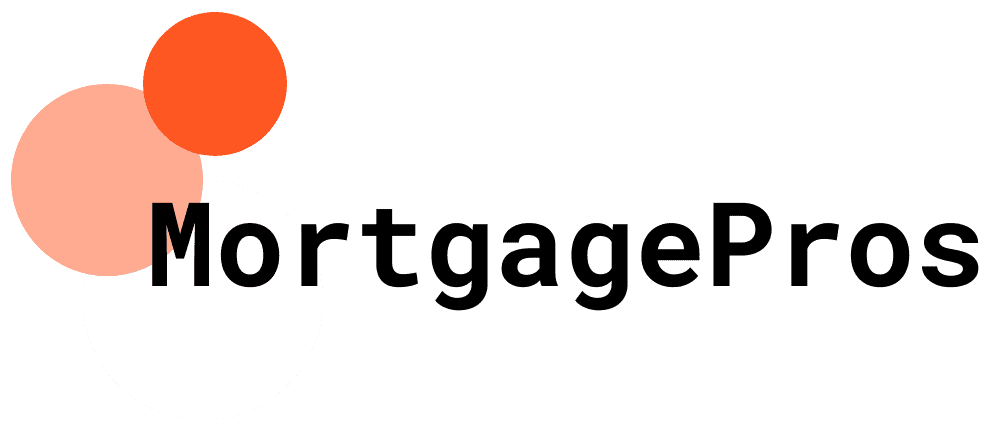When we talk about homeownership, the conversation often revolves around the primary mortgage. But as any seasoned homeowner will tell you, the world of mortgages doesn’t end with that initial loan. A valuable tool that many homeowners have at their disposal, but often overlook, is the second mortgage. Today, I’ll share my deep dive into the realm of second mortgages, demystifying its complexities and revealing its potential benefits.
What Exactly Is a Second Mortgage?
At its core, a second mortgage is a loan taken out against the equity you’ve built in your home. It comes after your primary or first mortgage and can be used for a myriad of reasons, from home renovations to debt consolidation.
Why Consider a Second Mortgage?
There are several compelling reasons to consider a second mortgage:
- Home Improvements: If you’re looking to add value to your home, using the equity you’ve built to fund renovations can be a smart move. It’s an investment back into the property, potentially increasing its market value.
- Debt Consolidation: With potentially lower interest rates than most credit cards or unsecured loans, a second mortgage can be a strategic way to consolidate and pay down debts.
- Education: Investing in oneself or one’s family by financing education can have long-term benefits, and a second mortgage can be a way to fund this.
- Emergency Expenses: Life is unpredictable. When faced with significant unplanned expenses, tapping into your home equity can be a viable option.
The Types of Second Mortgages
Generally, there are two types:
- Home Equity Loans: This is a traditional second mortgage where you borrow a lump sum that you repay over a fixed period.
- Home Equity Line of Credit (HELOC): A HELOC works more like a credit card. You have a maximum borrowing limit and can draw from it as needed. This offers flexibility in terms of repayment and borrowing.
Risks and Considerations
Like any financial decision, taking out a second mortgage is not without its risks. The most glaring is the potential to lose your home if you cannot keep up with repayments. Since both your first and second mortgages use your home as collateral, defaulting on the latter could still lead to foreclosure. Additionally, there’s the cost of potential fees and the interest itself. It’s crucial to understand fully the terms of your second mortgage, and if in doubt, always seek financial advice.
Is a Second Mortgage Right for You?
To determine if a second mortgage is a fit for your financial situation, consider:
- Your current debt-to-income ratio
- The current market interest rates
- Your long-term financial goals and how a second mortgage fits into them
- Possible tax implications, as in some cases, the interest may be deductible
Conclusion
A second mortgage can be a potent tool for homeowners looking to tap into their property’s equity. Whether it’s to fund a significant life event, consolidate debt, or invest back into the property, understanding the ins and outs of second mortgages is essential. Remember, the best financial decisions are informed ones. So, do your research, consult with professionals, and ensure that any step you take aligns with your broader financial objectives.

